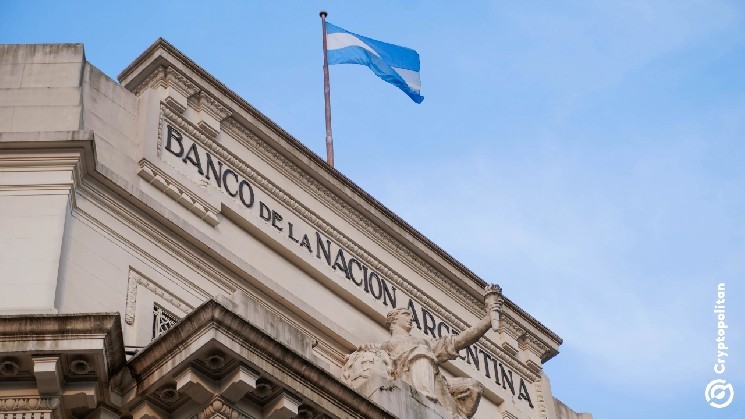The United States has signed a $20 billion currency swap deal with Argentina in one of the most direct interventions to stabilize a foreign economy since the Trump administration returned to the Oval Office.
Treasury Secretary Scott Bessent announced the deal on Thursday after four days of close consultations in Buenos Aires.
“The U.S. Treasury stands ready to immediately take justified exceptional measures to bring stability to the markets,” Bessent said. statement He added that the Treasury Department “directly purchased Argentine pesos” as part of the program.
Washington intervenes to stabilize Argentina’s collapsing currency
Argentina, led by President Javier Millei, an ally of President Donald Trump, has suffered a currency depreciation in recent weeks. The Argentine peso has fallen by more than 1,400 pesos to the dollar this week, heading toward an all-time low of 1,475 pesos set on Sept. 19, according to TradingEconomics data.
The depreciation of the peso and the decline in the central bank’s foreign exchange reserves have pushed the country into a “moment of severe liquidity loss,” Bessent said. The Treasury Secretary explained that the swap line will give Argentina immediate access to US dollars in exchange for pesos.
Both central banks will temporarily trade currencies to help Buenos Aires protect exchange rates and meet short-term liquidity needs.
Bessent acknowledged that the United States could be exposed to losses if the value of the peso declines during the swap period. However, the Treasury Secretary made it clear to policymakers that the USD-peso swaps are carried out through the Exchange Stabilization Fund, which he directly oversees.
Mr. Trump and Mr. Milley discussed the plan in a side meeting. united nations general assembly in New York in September. The two leaders are scheduled to meet again in Washington on Tuesday to further discuss how the United States can support Argentina’s struggling economy.
“Thanks to President Milley’s leadership, we continue to hear from American business leaders who are eager to bring the U.S. and Argentine economies closer together,” Bessent said. “The Trump administration remains steadfast in our support for our allies.”
He also praised Buenos Aires’ “sound fiscal discipline” and efforts to cut taxes, increase private investment and create job opportunities.
US support is essential to calm political uncertainty
The U.S. intervention comes as markets question Mr. Milley’s staying power and the sustainability of his reforms. Argentina’s central bank has been depleting its foreign exchange reserves to stem the peso’s depreciation, but inflation continues to exceed 150% annually.
Details of the swap’s maturity period were not disclosed, but people familiar with the talks said the agreement would be reviewed quarterly in coordination with the IMF and Argentina’s finance ministry.
Mr Millay, who came to power nearly two years ago, promised to rescue Argentina’s chronically unstable economy by “eradicating” inflation and cutting government spending. His populist “chainsaw” approach has won support among voters wary of decades of misgovernment.
But the momentum of Millay’s liberal revolution has waned in recent months. The President was in the middle of a cryptocurrency fraud scandal involving Libra, but the Anti-Corruption Bureau cleared his name, Cryptopolitan reported In February.
Protests turned violent in August following the ouster of Millais’ sister and chief of staff, Carina Millais. involved in a corruption scandal. One demonstration threw stones at the president, and the following month, Millay’s La Libertad Avança party was defeated in Buenos Aires provincial elections, which represent nearly 40% of Argentina’s population.
Last Sunday, one of his closest allies, José Luis Esparto, was forced to withdraw from the election after admitting that he had accepted a $200,000 payment from an alleged drug trafficker.
Don’t just read cryptocurrency news. Please understand. Subscribe to our newsletter. It’s free.


